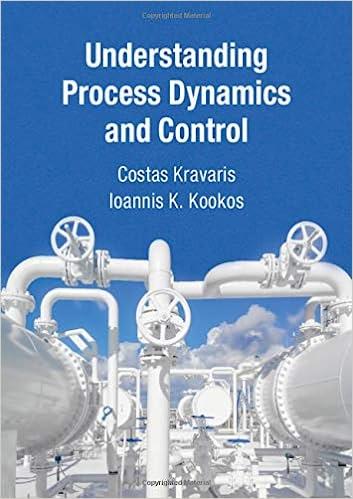Answered step by step
Verified Expert Solution
Question
1 Approved Answer
Question 4 . Acyl carrier protein ( ACP ) is a chaperone protein for transport of fatty acids covalently attached via a covalent thioester linkage
Question Acyl carrier protein ACP is a chaperone protein for transport of fatty acids covalently attached via a covalent thioester linkage to a phosphopantetheine cofactor on ACP. As illustrated in the above scheme, cleavage of the fatty acid from ACP can be catalyzed using two different reaction mechanisms: general nucleophilic thioester hydrolysis any nucleophile and general base catalyzed thioester
hydrolysis hydroxide
A Apply the steadystate approximation to the tetrahedral intermediate and derive an expression for for each reaction pathway.
B Propose an experiment to discriminate reaction mechanism from

Step by Step Solution
There are 3 Steps involved in it
Step: 1

Get Instant Access to Expert-Tailored Solutions
See step-by-step solutions with expert insights and AI powered tools for academic success
Step: 2

Step: 3

Ace Your Homework with AI
Get the answers you need in no time with our AI-driven, step-by-step assistance
Get Started


